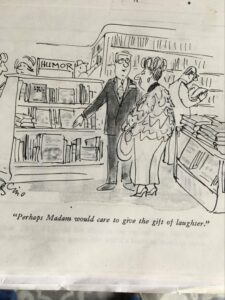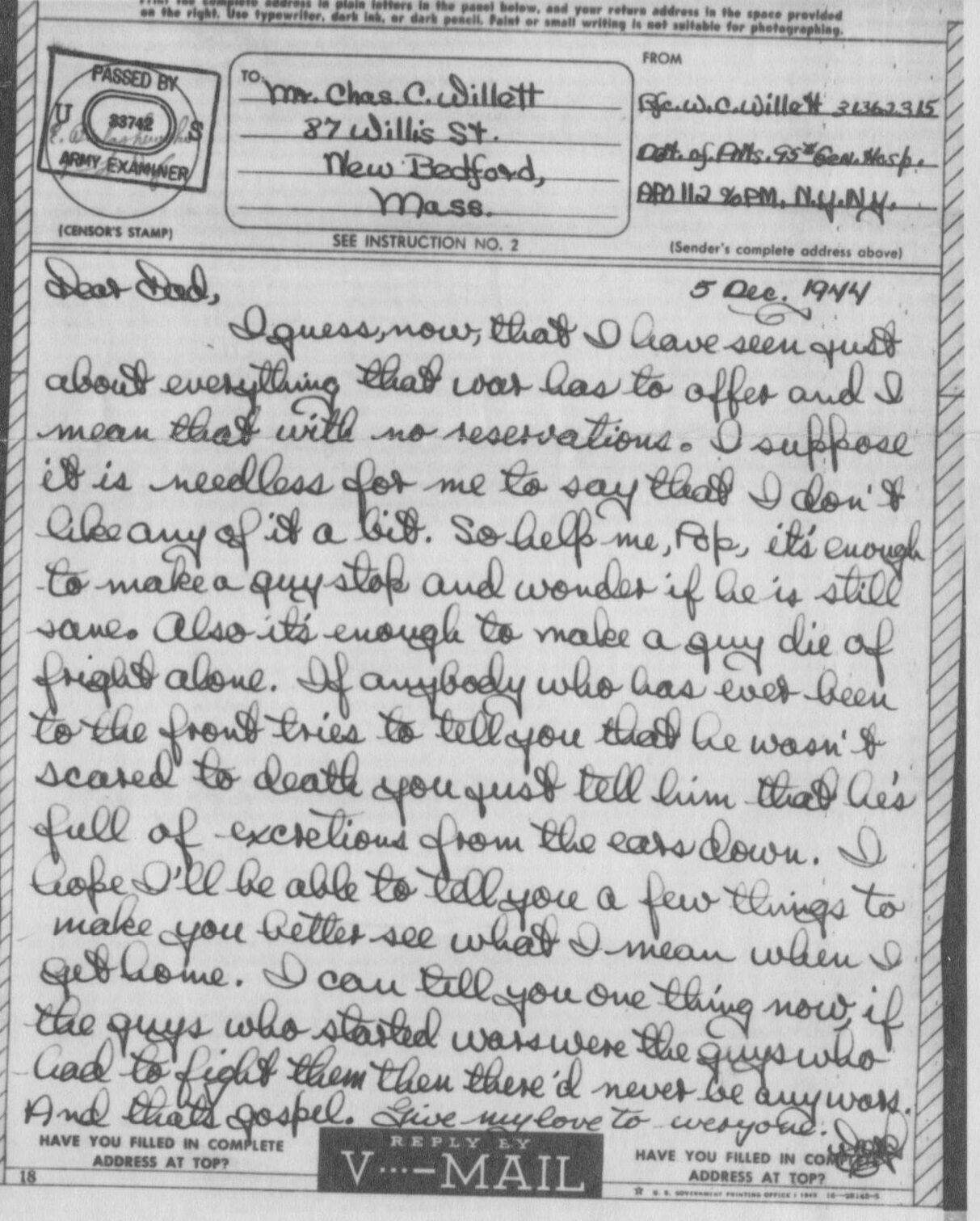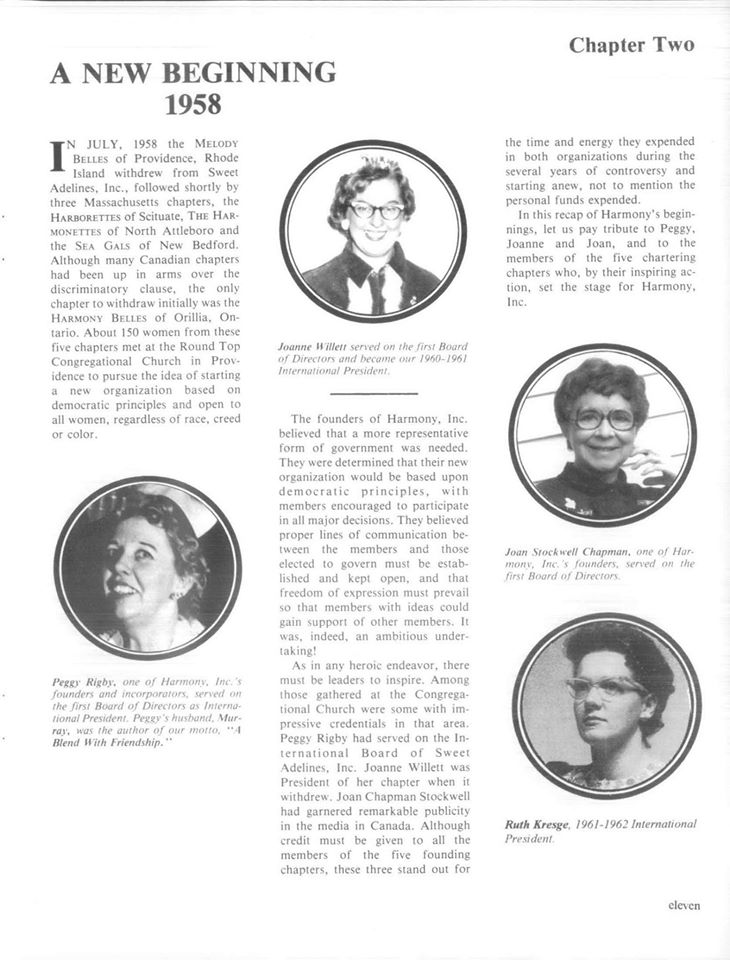Once upon a time, and what a long time ago that was, if you got a book published, you’d cross your fingers for a review in the New York Times, but you’d probably have to settle for brief reviews in smaller papers. Now most of those stalwarts are gone, and a review in the NYT or the others left standing is even less likely than before. There’s precious little space for paid reviewers to turn their attention on you.
In order to get that attention, writers are urged to market themselves on social media sites like Goodreads and Amazon author pages and Facebook. I don’t do this myself (except for the occasional FB post), but I know plenty of writers who jump through all the hoops.
The result: Writers get tons of reviews, this time from unpaid reviewers. Actually, it’s my understanding that some unpaid reviewers actually are paid—in copies of books. Amazon, which owns Goodreads, also promotes a crack team of elite pre-publication unpaids, “Vine Voices” http://www.amazon.com/gp/vine/help These “most trusted” reviewers provide “honest and unbiased feedback,” for which they are sometimes paid by “participating vendors.”
This is supposed to be a good thing, although my publisher tells me there’s little proof that all this attention translates into sales. Still, writers have to pay the rent, so many of us trudge off to these sites and market ourselves.
Because writers are supposed to have marketing skills.
Probably some of us do, just as some people excel at both pocket billiards and rock climbing. But most of us do not.
The great Mitch Hedberg noted that when you’re a comedian, everybody wants you to other things besides comedy. They say, “All right, you’re a standup comedian, can you act? Can you write? Write us a script.” They want me to do things that’s related to comedy but not comedy. That’s not fair. It’s as though if I was a cook and I worked my ass off to become a good cook and they said “All right, you’re a cook. Can you farm?”
Anyway, those of us who have dutifully farmed then get to sit back and enjoy all this attention.
Every writer I know has experienced blowback, as opposed to feedback, from unpaid reviews.
I’m not talking about reviews which simply give a number of stars, or which just say “I liked it” or “This isn’t for me” or “I hate hate hate this book” or “This writer’s books suck.” These are straightforward expressions of opinion. Everybody’s got one, and why not.
And I’m certainly not talking about those unpaids which are well-written and sharply critical. If a writer takes offense because a conscientious reader didn’t like their book, that writer needs to toughen up. And if a reviewer, paid or unpaid, backs up critical assessments with illustrative quotes and examples, then that writer should be grateful and credit the reviewer’s skills. We learn from intelligent criticism, whether we are persuaded by it or not.
Finally, I don’t want to imply that writers are entitled to positive criticism from unpaids. For pete’s sake, they’re unpaid. If they were writing for the NYT, they’d need to get their act together, but they’re not. An unpaid reviewer, unlike most paid reviewers, actually has the option of being wholly negative, and I have no issue with that. When you write a paid review, you usually feel compelled to say at least something positive about the book. Unpaids have no such obligation. On top of that, “constructive criticism”—criticism designed to help the writer improve–has a place only in a workshop/class setting. Reviewers, paid and unpaid, are not the writer’s teachers, friends, or fellows; constructive criticism is inappropriate (and presumptuous) in a review.
I’m talking about those unpaids who
- Encourage their readers to agree with them when all they’ve done is express their own taste, and/or
- Attack the writer personally.
My purpose here is to encourage critical analyses of unpaid reviews. (Also paid reviews.) Why? Because all writing, including written reviews, should benefit from critical analysis. This is especially the case for writers, who must, as they write and revise, criticize the hell out of their own drafts. Also, since all writers should toughen up, confronting these reviews critically should help with that.
This is not an “anti-bullying” post. I’m guessing there are lots of these. Examples: https://www.huffpost.com/entry/stop-goodreads-bullies_b_1689661 https://nathanbransford.com/blog/2013/09/the-bullies-of-goodreads
I’m not interested in whether reviewer is or is not a bully. I’m focused only in the writing. The best (and worst) of all writers is on the page. Writing a good book review isn’t easy. It begins of course with your own reaction to the book, but then you have to figure out why you’ve reacted that way, and then you ought to provide evidence (with quotes and examples) from the book to back up your assessment. People don’t read reviews to find out whether a stranger liked the book. They read to find out if they themselves will like it.
Some talented unpaids understand this. Others do not.
Some time ago, when I was setting up a Mean Writers website (since abandoned), I collected a number of unpaids of my own stuff. I’ll just list some here, with a few comments.
Here are some that simply report the reviewer’s response, which is fine with me:
- Bought this book for my daughter because she loved the author’s other book. Did not enjoy stories at all.
- I bought this book because I have read, and loved, two of Jincy Willett’s other books. This book was a huge disappointment. David Sedaris, a very funny man, said on the cover, “It’s just the funniest collection of stories I’ve ever read – really funny and perfectly sad at the same time.” Well, I get the perfectly sad – just not the really funny. Not a chuckle from me throughout. Just really sad stories.
- It showed a tiny bit of promise, but after having read the second book of the series I have given up on them all. The only people who would like this series of books is the very type the author is sending up. Some compare him to Oscar Wilde. What??? Because he sends up the upper English classes? But Oscar does is with wit and style.Am I supposed to give this book a high score because it evoked such strong feelings in me: disgust, horror, disbelief? Or a low score because I absolutely despised all its characters and the story line? Part of me wants to read at least one more if the subsequent novels (there are 5 in all) but only because I hope some if these people will seek redemption. I have a feeling though that they wont. And I really don’t want to waste my time reading about people who only know how to be cruel to one another.
- I couldn’t force myself to care about any of these people. Prose reads musically in an obtuse, pointless plot. Appears to illuminate only that the author is well-read. I’m about to put my copy on the driveway and run over it eight times. [This is my favorite unpaid. I hope my prose doesn’t read musically in an obtuse, pointless plot, but this is a thoughtful and creative description, plus I love the idea of hating a book so much that you want to demolish it. We’ve all been there.]
These are not bad at expressing their own response, but these reviewers assume, without evidence, that others will share it:
- Seriously?? NPR claimed this as a best book of the year? Maybe if no other books were written. This was the most boring book I have ever read! The reviews on the book claimed it was hilarious, witty and brilliant. On what planet!? I will give any book 100 pages but, kept reading this junk assuming it would get better. Wrong! Don’t waste your time or your dimes on this waste of paper. I will never read another Jincy Willett book again!
- I’m sorry….I have read the other reviews for this novel and I do not agree that this is a must read. It is NoT! I borrowed this book from the library and I am so glad that I did. The basic premise of this story is a good one …but I feel it was edited and put together badly. When your main character takes over almost a whole chapter of the book with her nonsensical lists of “funny words”…then your story has taken a twist that is very uninteresting. The villain is not developed until the last pages and your main character is basically running away from any confrontational situations for the entire book. I want to like the main character….not feel sorry for her. I’m sorry I read this book. Don’t spend your money on it.
- Call me a spoil-sport, but that issue with the dates REALLY bothered me as well. It’s a very sloppy mistake which seems to epitomize how I felt about this book. It’s clever at times, but Dorcas (the narrator) goes from being a funny, irreverent sage to an out-and-out pill awfully fast and Willett’s narrative style is wildly inconsistent. Literary and thoughtful at times, a messy spew of words the next. And that date mistake. How does a writer do such a thing? How does an editor not catch it? It only indicates that no-one involved in the writing or publishing of this book cared enough or took enough time with it. So why should I or any other reader? [Apparently there was a timeline error in the book, and I sympathize with the reviewer’s annoyance but not with their assumption that one error signifies that writer and publisher did not care about the book. The reviewer has no idea how publication works.]
And here’s a typical ad hominem attack:
This book was just plain awful. The characters were inconsistent and uninteresting. It’s such a stupid book. The only reason I kept reading until the end was so that I could make note of the pretentious and ostentatious vocabulary that peppers the pages. The author is, in my humble opinion, a show-off. Yeah, we’re all REALLY impressed. Better to just say “belch” than try to impress us by using the word “eructation.” It’s so obvious what she’s trying to do, which is to show us how well-educated she is. [Reviewer makes an obnoxious assumption about a writer’s word choices. Our job is always to choose the right word for our meaning, and in a first-person narration (or in dialogue) a character’s personality will factor into those choices. In this particular stupid book, the narrator is introverted and bookish and chooses her words with deliberation. I’ve looked at the offending phrase; Dorcas describes Guy DeVilbiss, a cartoonishly pretentious character: “His bee-stung mouth contracted into a little O, and he snorted, like an infant eructation.” I recall making that choice because of the characters of both narrator and Guy. Looking at it now, I’m inclined to agree that “belch” would have been a better choice. It’s funnier, and Dorcas might be inclined to use it privately to ridicule Guy with a coarse monosyllabic. But the reviewer’s assumption (in their “humble opinion”) that a writer chooses words in order to show off is unwarranted. Was Perelman a showoff? Reviewers should maintain tight focus on the page. As should we all.]
Finally, I sympathize with this one. We’ve all had the experienced a book (movie, TV show) marketed to us (there’s that word again) as surefire hilarious and slogged through the whole thing without cracking a smile. You do feel cheated. But novels don’t promise; ads do that. There’s no such thing as universal funny. If you’re not having the promised experience, read something else.
“Winner” is a book that suffers from bad advertising. I was promised a black comedy. “Riotous. Hugely funny…” and “The funniest novel I have read, possibly ever” appear right there on the cover.
The book was certainly sarcastic. It was caustic and biting but there was very little in the book that I could laugh at in good conscience. (And honestly, during reading, I wasn’t inclined to do so.) In many ways, it was more like a car wreck on the highway – horrific but engrossing – than anything else.
Ms. Willett’s main characters, twins Dorcas and Abigail, area a fascinating pair. Each completely embody the part of the human condition that the other lacks. “Winner” is the story of their interactions with each other and the members of a New England literary circle made up arch-typical characters.
Through my entire reading, I was off balance. I kept expecting ‘funny’ to show up and it never did. That said, “Winner” had other redeeming qualities which kept me reading. Ms. Willet gives Dorcas, the bookish narrator, wonderful recollections and descriptions of the joy of reading. The relationships between the people in a group and between the sisters were exaggerated for effect, but still intriguing.
Other parts of “Winner” were less successful. There were bits of extraneous metaphor and occasional clunky bits. Occasionally certain characters verged on caricatures. I understand what Ms. Willett was attempting to skewer but in the end, “Winner” falls a bit short. If I had come at “Winner” with different expectations I might have found it more enjoyable, but I never shook the feeling of being a bit cheated by a novel that failed to deliver on its promises.
————————————————————————————————————————
Writers: If you’re interested in this enterprise, please comment or otherwise contact me (jincy@jincywillett.com) with any unpaids you’d like us to look at and discuss. I look forward to hearing from you.



